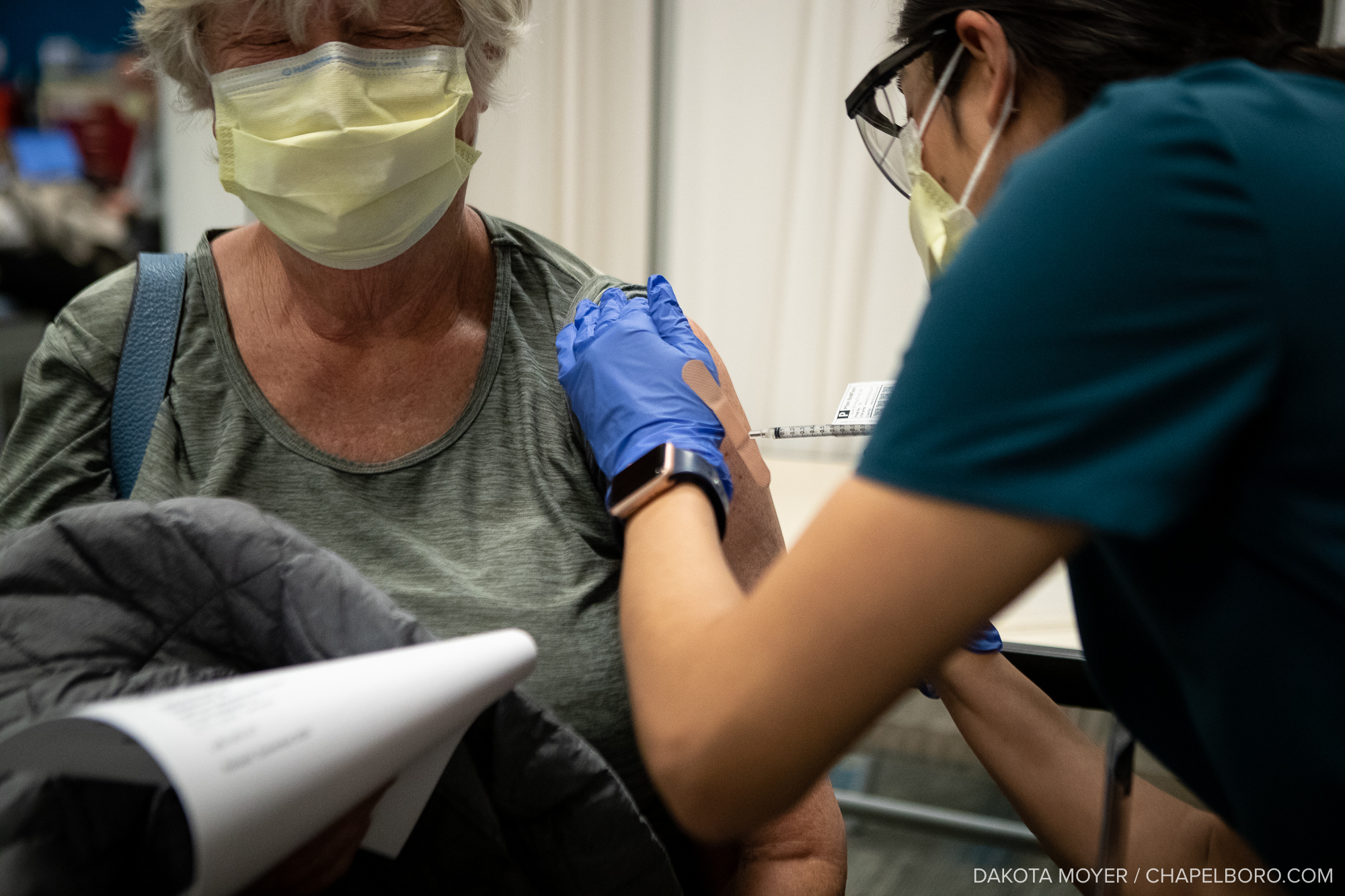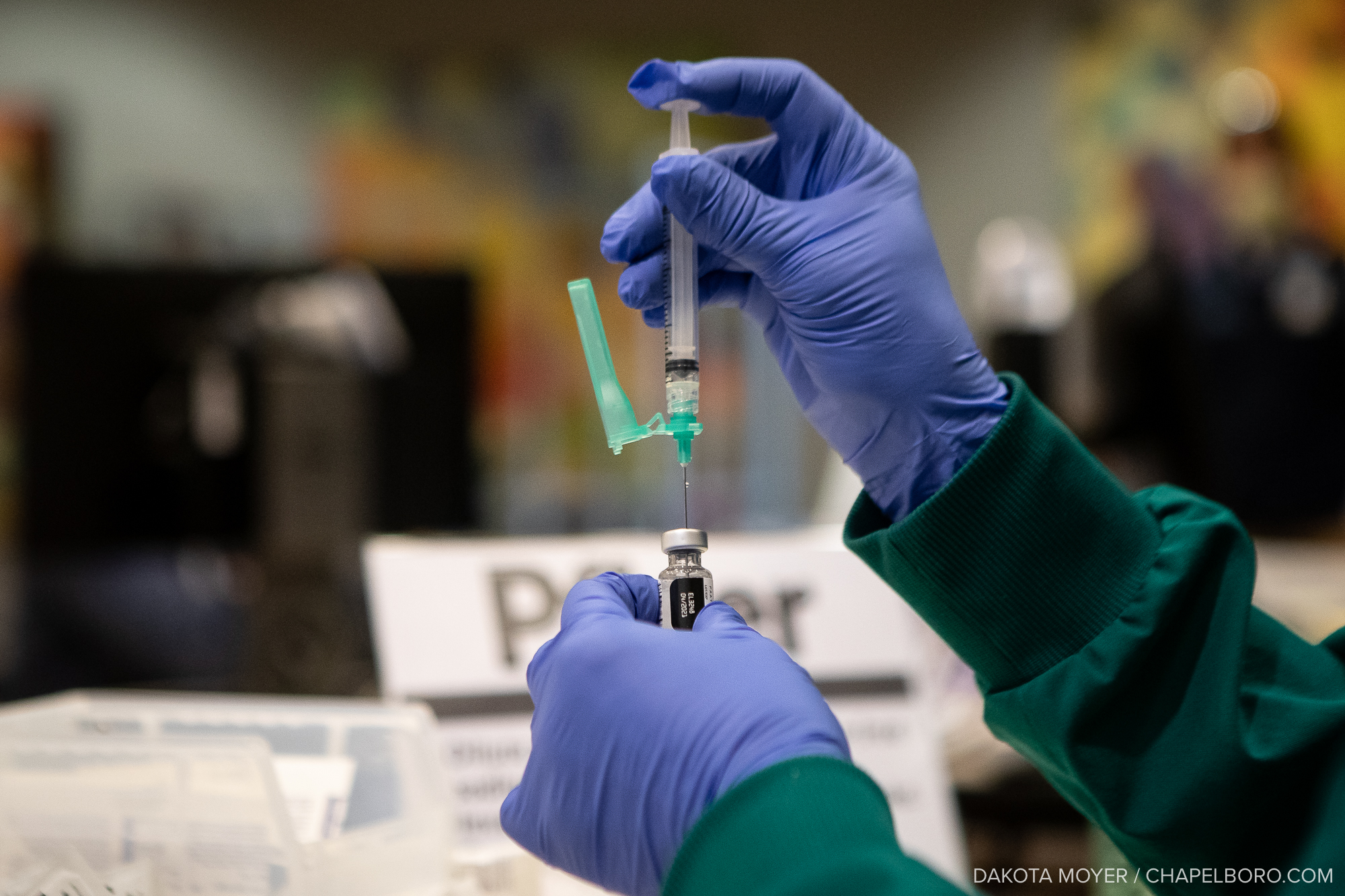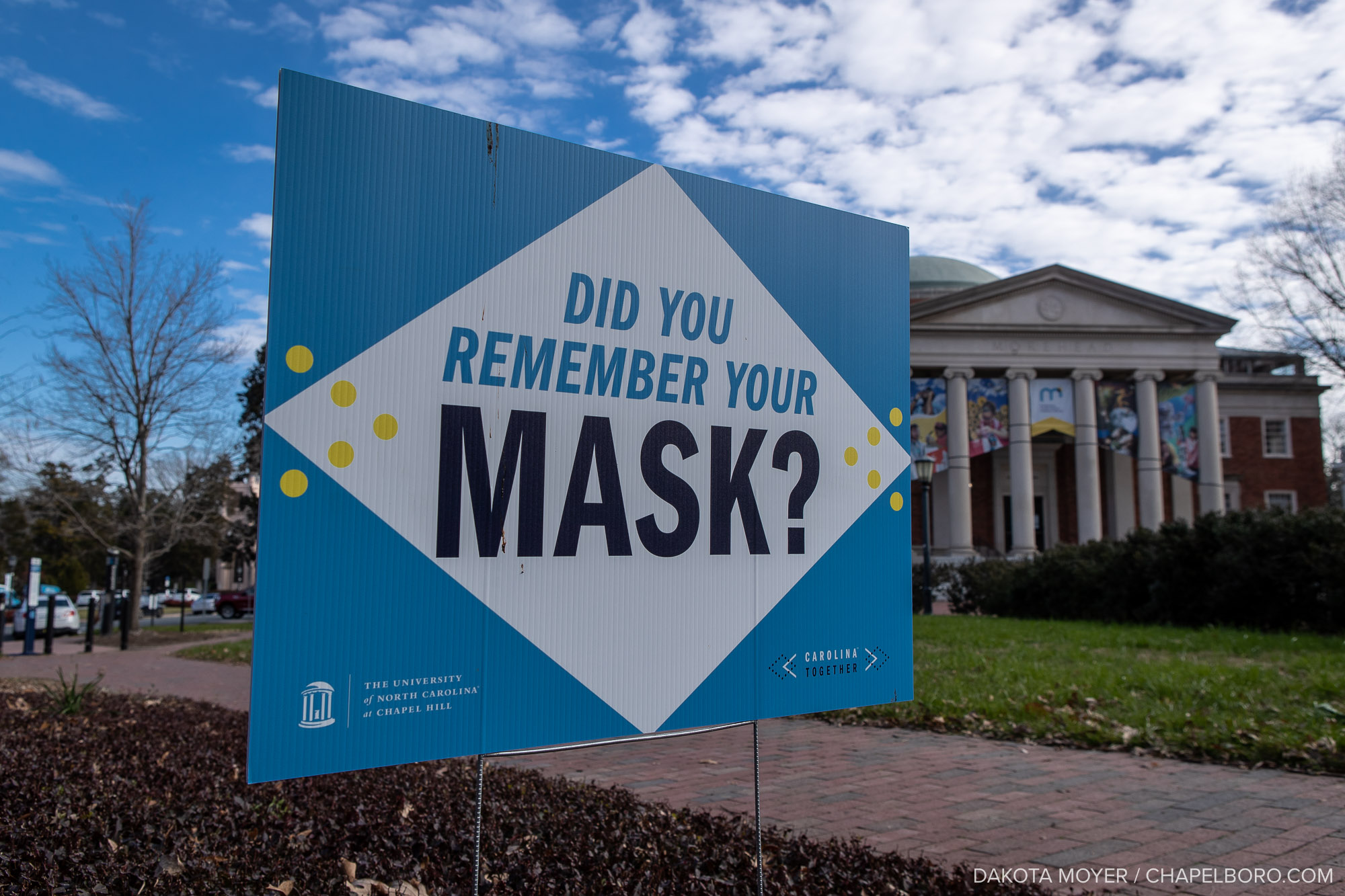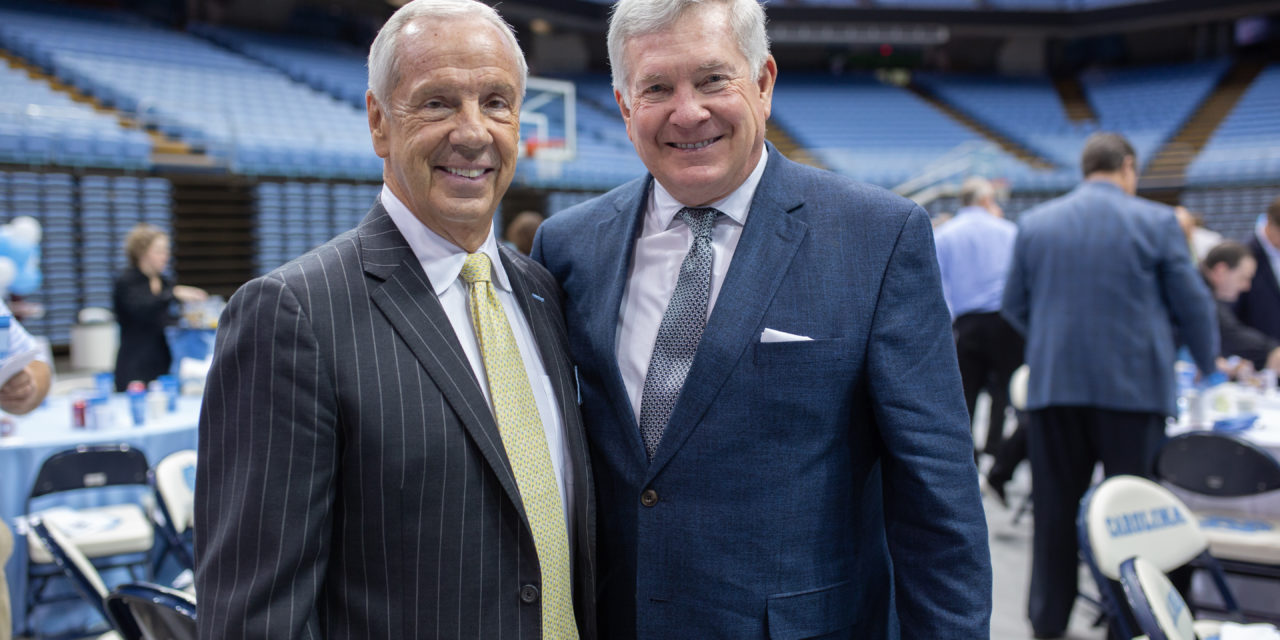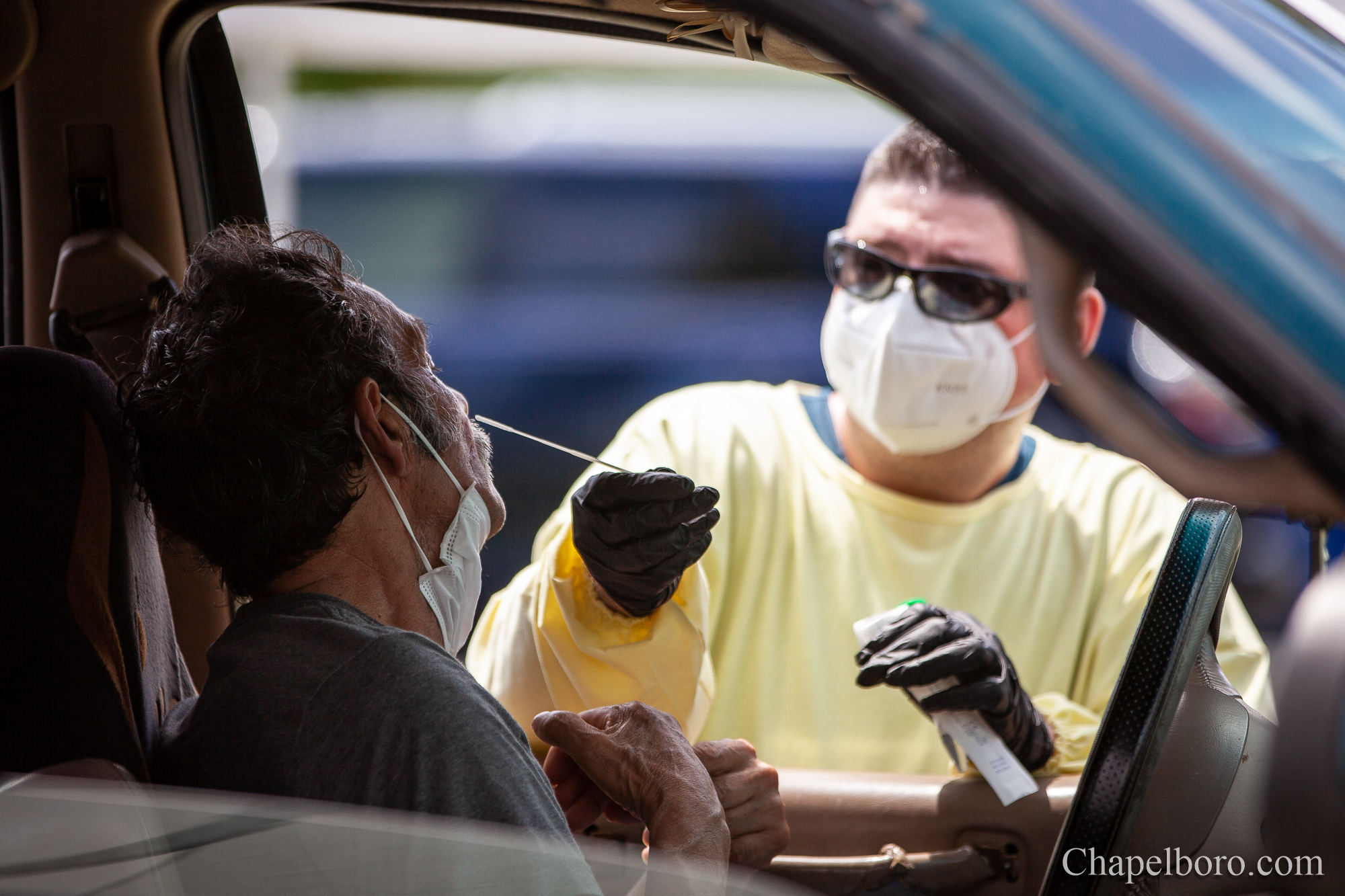Christians, Jews, and Muslims are preparing this month to mark their holiest days and their most cherished traditions. While Jews celebrate Passover, Christians are preparing for Easter – and Muslims are getting ready for Ramadan, which begins on April 23.
But how can we preserve our traditions, in the midst of a worldwide epidemic?
Three religious leaders at Duke University recently came together for a conversation about keeping the faith in the time of COVID-19.
“Each year on Passover, at the Seder, we say to each other, ‘Let all who are hungry come and eat’ – and this year we have to adapt,” says Rabbi Elana Friedman, the chaplain for Jewish Life at Duke. “This is a huge loss for our community and for our experience, and it’s an emotional one for a lot of people – but it’s a necessary one.”
For Judaism, for Christianity, and for Islam, a sense of community and togetherness is essential to the faith – and that’s especially true on holy days. But right now, “togetherness” can be dangerous. In addition, holidays also often involve certain foods that may not be easy to find, and dietary restrictions that may not be easy to maintain.
Religious leaders like Rabbi Friedman are encouraging their congregations to adapt, and to understand that you can still be faithful while also being flexible.
“This is not the year to go grocery store to grocery store to find the products that you need,” she says. “This is the time to not have judgment (or) burden oneself.”
But that spirit of coming together is deeply central to all three faiths. Churches, synagogues and mosques are all turning to technology and hosting services online – but that’s opening up new questions about what makes a faith community.
“This is creating a whole new world of religious thought on what is ritual, what is community, (and) what are we going to do – because this hasn’t happened before, so now the scholars are going back to the drawing board,” says Chaplain Joshua Salaam, the director of Duke’s Center of Muslim Life. “Not only Ramadan, but our Friday congregational prayer – most mosques have canceled it, (though) some people are saying a Zoom congregation doesn’t really count…
“So we’ll see where this all goes, but I think it’s at least good that it’s opening up new doors of conversation.”
Ultimately, though, leaders of all three religions are working to remind congregants that love for each other is at the heart of the faith – and today, amidst an epidemic, that love compels us to do what’s necessary to protect each other.
“At the heart of our life together is a calling to love one another with a self-sacrificial love,” says Duke Chapel assistant dean Rev. Bruce Puckett. “In this moment, (that) surely means being willing to do the hard work of being physically distant but socially and spiritually connected with one another.”
And while that means Easter, Passover, and Ramadan may look and feel very different this year, Rabbi Friedman says the underlying faith does not have to change.
“In this extraordinary time, I’m encouraging people to make decisions with the understanding that pikuach nefesh takes precedence,” she says. “Pikuach nefesh is a value in Judaism that saving a life is more important than any other Jewish law or custom…
“So we’re required to safeguard health and care for one another, and therefore disregard laws if they conflict with preserving a life.”



